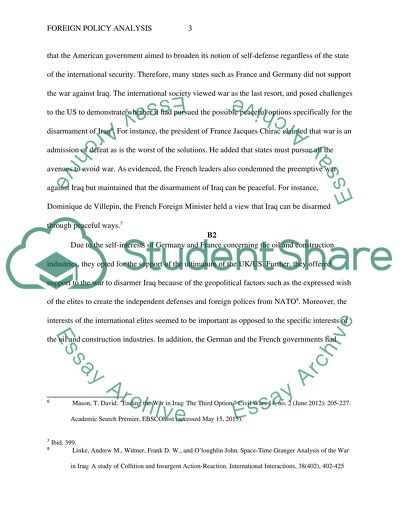Cite this document
(“Foreign Policy Analysis Case Study Example | Topics and Well Written Essays - 2250 words”, n.d.)
Foreign Policy Analysis Case Study Example | Topics and Well Written Essays - 2250 words. Retrieved from https://studentshare.org/law/1694924-foreign-policy-analysis
Foreign Policy Analysis Case Study Example | Topics and Well Written Essays - 2250 words. Retrieved from https://studentshare.org/law/1694924-foreign-policy-analysis
(Foreign Policy Analysis Case Study Example | Topics and Well Written Essays - 2250 Words)
Foreign Policy Analysis Case Study Example | Topics and Well Written Essays - 2250 Words. https://studentshare.org/law/1694924-foreign-policy-analysis.
Foreign Policy Analysis Case Study Example | Topics and Well Written Essays - 2250 Words. https://studentshare.org/law/1694924-foreign-policy-analysis.
“Foreign Policy Analysis Case Study Example | Topics and Well Written Essays - 2250 Words”, n.d. https://studentshare.org/law/1694924-foreign-policy-analysis.


